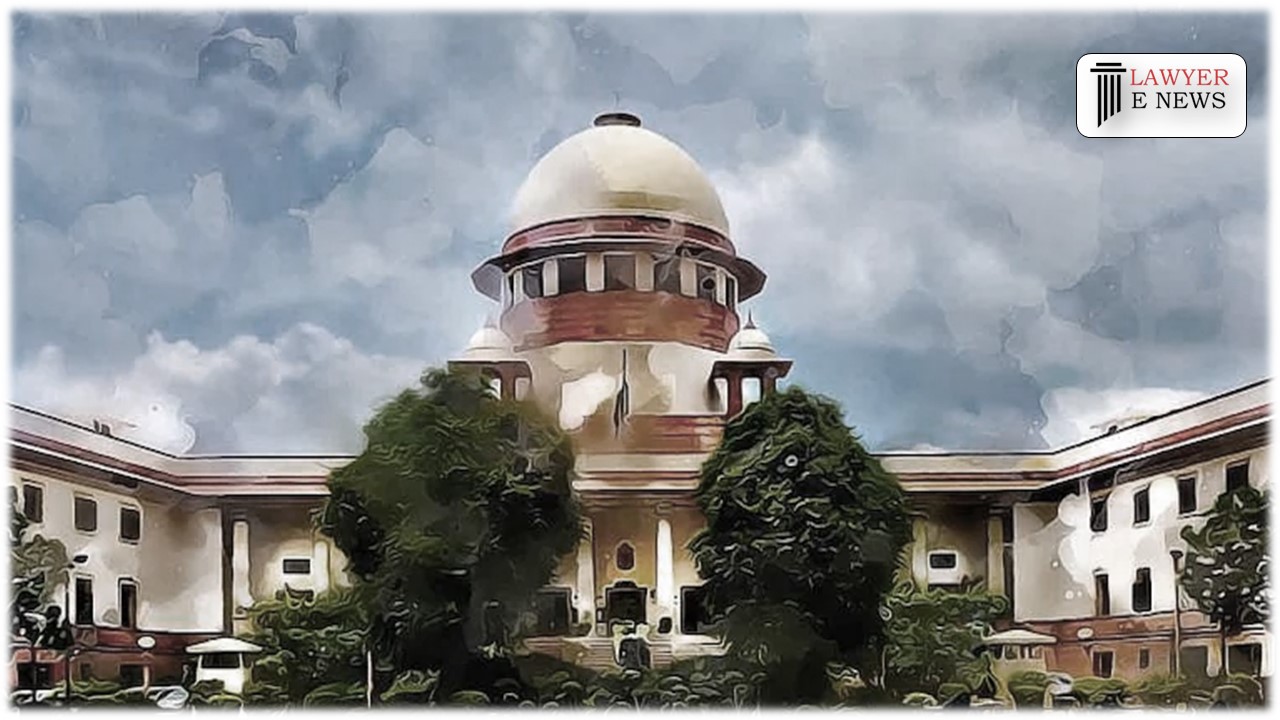-
by Admin
19 February 2026 3:14 PM



In a recent judgment dated September 19, 2023, the Punjab and Haryana High Court reaffirmed a significant legal principle established by the Supreme Court. The court held that a coparcener cannot obtain an injunction to restrain the Karta of a joint Hindu family from alienating the joint family property, even for genuine legal necessity.
The judgment, delivered by Justice Anil Kshetarpal, emphasized the importance of satisfying three essential tests before granting a temporary injunction: prima facie in favor of the plaintiff, balance of convenience in the plaintiff’s favor, and the presence of irreparable loss and injury if the injunction is not granted.
Citing a precedent from the Supreme Court in Sunil Kumar Vs. Ram Parkash (1988), the judgment stated, “In a suit for permanent injunction under section 38 of the Specific Relief Act by a coparcener against the father or Manager of the Joint Hindu family property, an injunction cannot be granted as the coparcener has got equally efficacious remedy to get the sale set aside and recover possession of the property.”
The ruling also highlighted that the doctrine of lis pendens applies in such cases. This means that the coparcener, who wishes to challenge the alienation of the property, can do so through a separate legal suit. Furthermore, the judgment noted that the defendant No.1 disputed the plaintiff’s biological relationship, making it inappropriate to restrain him from alienating the property.
As a result of these considerations, the High Court dismissed the revision petition, reinforcing the legal precedent established by the Supreme Court. This judgment underscores the significance of adhering to established legal principles and provides clarity on the rights of coparceners in joint family property disputes.
Date of Decision: September 19, 2023
Vishal vs Raj Kumar and others
